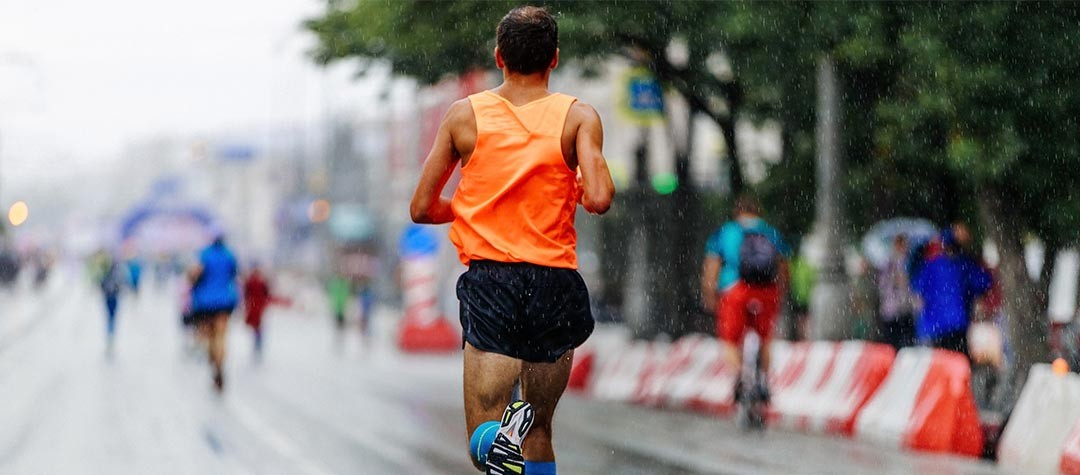Want to know the secrets of a fast 5k? Pace judgement, speed work, and endurance all add up to the recipe for 5k success.
5k is a unique event that can be approached from the speed or endurance side. Many 1500m runners can make the step up and run a fast 5k, and 10k runners can make the step down in distance. The beauty of a 5k is that for most people it is a manageable distance, and working on your 5k speed will ultimately help you to run faster at the longer distances too. So, what are the secrets to a fast 5k?
1. Nailing your pace judgement
If you usually run longer distances then it is all too easy to view 5k as a sprint. The trouble is this is a dangerous attitude to have as it usually means that you will start too hard and the last mile or 2km of the race will be painful and not very pretty. As with the longer distances, the best approach is to try and run even splits or if possible, a negative split (which is where you run the second half of the race slightly faster than the first).
To work out your splits you need to set a time target and then work backwards. If you have run a race (over a standard distance) recently you could use an online pace calculator to predict your potential over 5km (there are lots of different pace calculators you could use). But bear in mind that these tools should only be used as a guideline though, as there are many other variables that can affect your performance.
You can also use your times from some of the specific 5k training sessions below to help guide your time target.
2. Specific speed work
In order to run a fast 5k, you need to prepare your body's physiology to run at a higher intensity than it might be used to. This means doing some training at your target race pace and slightly faster. Interval training is a great way to do this. Here are some suggestions for some specific 5k workouts that can be done on the track, on the road or on the grass, to time rather than distance.
- 6 x 800m with 90 seconds - 2 minutes jog recovery
- 12 x 400m with 60 seconds jog recovery
- 5 x 1km with 90 seconds - 2 minutes jog recovery
- 2-3 sets of 800m, 600m, 200m with 90 seconds recovery
3. Strength endurance
Although it is one of the shorter distances, endurance still plays a key part in the 5k. Improving your strength endurance will enable you to use your strength for longer and therefore finish races faster and stronger. One of the simplest and most effective ways of improving your strength endurance is to include some hilly runs at an easy pace in your training programme.
4. Be prepared to hurt
Running a fast 5k should be a little bit painful towards the latter stages, as the lactate levels in your blood rise more rapidly. If it's not, then you probably aren't running quite hard enough. The best way to look at it is to embrace a little bit of pain as a good thing en route to a personal best. And if it helps, remember that everybody else will be feeling it too in exactly the same way.
5. Don't forget to taper
If you want to give yourself the best possible chance of running a fast 5k then you will need to taper your training in the week before the race so that your legs are fresh and ready to roll. In the final week you should cut down the length of your runs and your last speed session should be four to five days before the race. Make sure you rest up because by then, the hard work should all be done. You just can't get any fitter in that final week.















